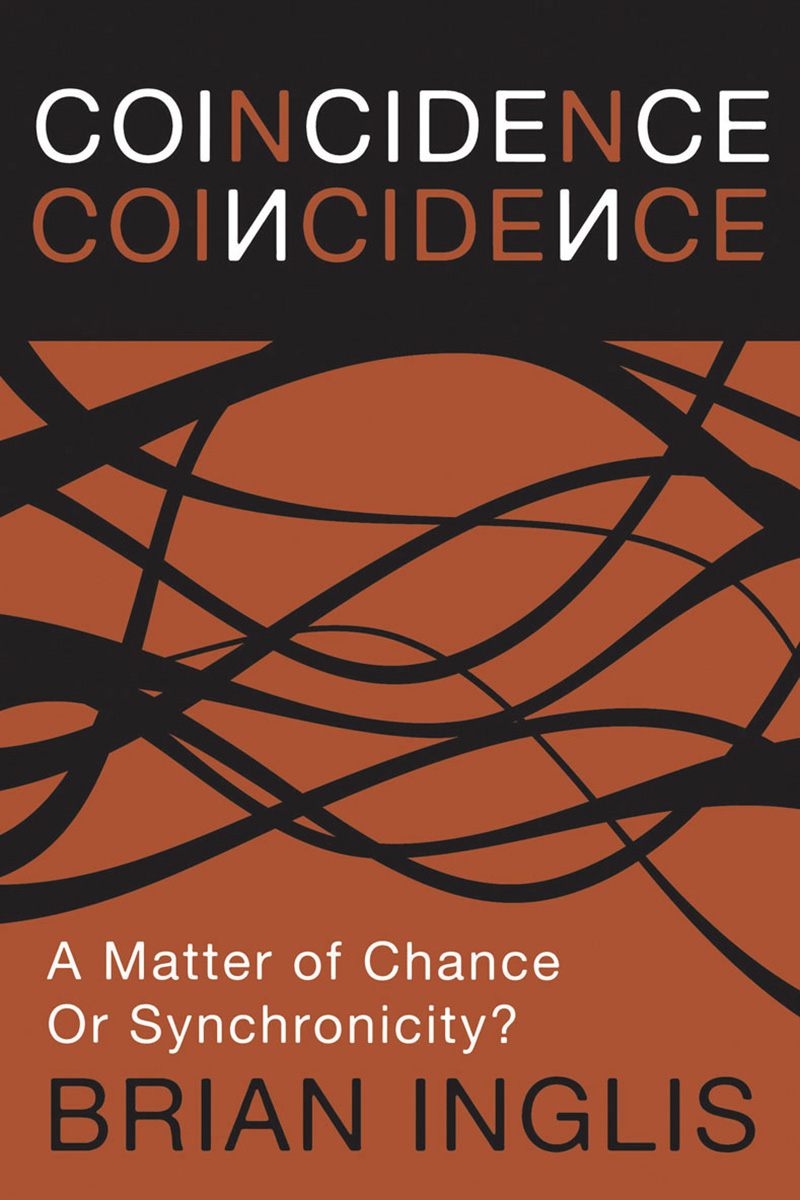Summary
In 1981 British Rail had a call from a woman who claimed to have had a vision of a fatal crash in which a freight train had been involved. So clear had it been, she said, that she not merely saw the blue diesel engine, but could read the number: 47 216.
Two years later, an accident of the kind she predicted occurred, all the details matching – except one: the engine’s number was 47 299.
That would have been that, but a train spotter, Howard Johnston, happened to have noticed that 47 299 was not the engine’s original number. It had been renumbered, a couple of years before, from 47 216. Diesels, he knew, were ordinarily renumbered only after major modifications, which this one had not undergone. When curiosity prompted him to ask why, he was told about the prediction.
Apparently British Rail officials had been sufficiently impressed (they had checked with the local police, and found that the woman who had provided it had given them some useful information from her visions) to try to ward off Fate by changing the number. The ruse had failed, and ‘they had officially logged it all as an “amazing coincidence”.’
Life is full of coincidences, some are minor, but often, like the one above, they are extraordinary. Whether they are random events or meaningful cosmic moments which have a purpose, we don’t know—it remains a mystery. But what is certain is, a lot of people have them, and they never cease to amaze us.
In Coincidence: A Matter of Chance – or Synchronicity? Author Brian Inglis has compiled a collection of fascinating accounts that will uplift, confound and leave the most committed sceptics scratching their heads.

